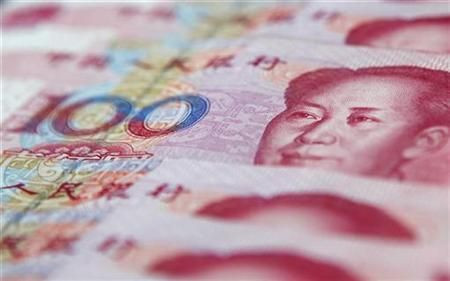China’s Inflation Rate Rises To 2.5 Percent In December

China’s inflation rate accelerated faster than expected in December, an indication that the country’s inflationary pressures continue to increase, lowering the prospects for further loosening of the country's monetary policy.
Data from the National Bureau of Statistics released Friday show that the consumer price index of China rose 2.5 percent in December compared with the same period in the previous year, and from 2 percent in November, exceeding analysts’ average forecast of 2.3 percent.
This report comes after it was revealed earlier this week that China’s trade surplus gained in December compared with previous month. According to the data released Thursday by the National Bureau of Statistics, China’s trade surplus rose to $31.6 billion in December, compared with $19.6 billion in November and far above analysts’ average forecast of $19.7 billion. China’s exports rose 14.1 percent in December, after a 2.9 percent increase in November.
Also last week it was reported that China's manufacturing activity expanded in December for the third month in a row. Data released Tuesday by the China Federation of Logistics & Purchasing showed that the Purchasing Managers' Index remained unchanged at 50.6 in December compared with the previous month.
There have been fears of a hard landing after data from the National Bureau of Statistics of China showed that the country’s gross domestic product growth slowed to 7.4 percent in the third quarter, from 7.6 percent in the second quarter, due to soft global demand and reduced real estate investment in the world's second-largest economy.
Market participants hope policymakers will soon announce monetary easing measures to stimulate industrial activity. However, inflationary pressures have added to concerns about the slowdown in economic growth, as they pose a major obstacle for the central bank to assertively cut interest rates.
Policymakers will soon have to make clear their stance on whether they will give priority for pro-growth measures or take steps to control inflation. Market players feel that instead of fighting inflation, the most urgent priority for China appears to be its growth policy stance tagainst he backdrop of the current uncertain global economy. However, considering that China’s export-led growth model has been affected by the global economy, it is possible that policymakers will announce further monetary easing measures in 2013.
© Copyright IBTimes 2024. All rights reserved.




















